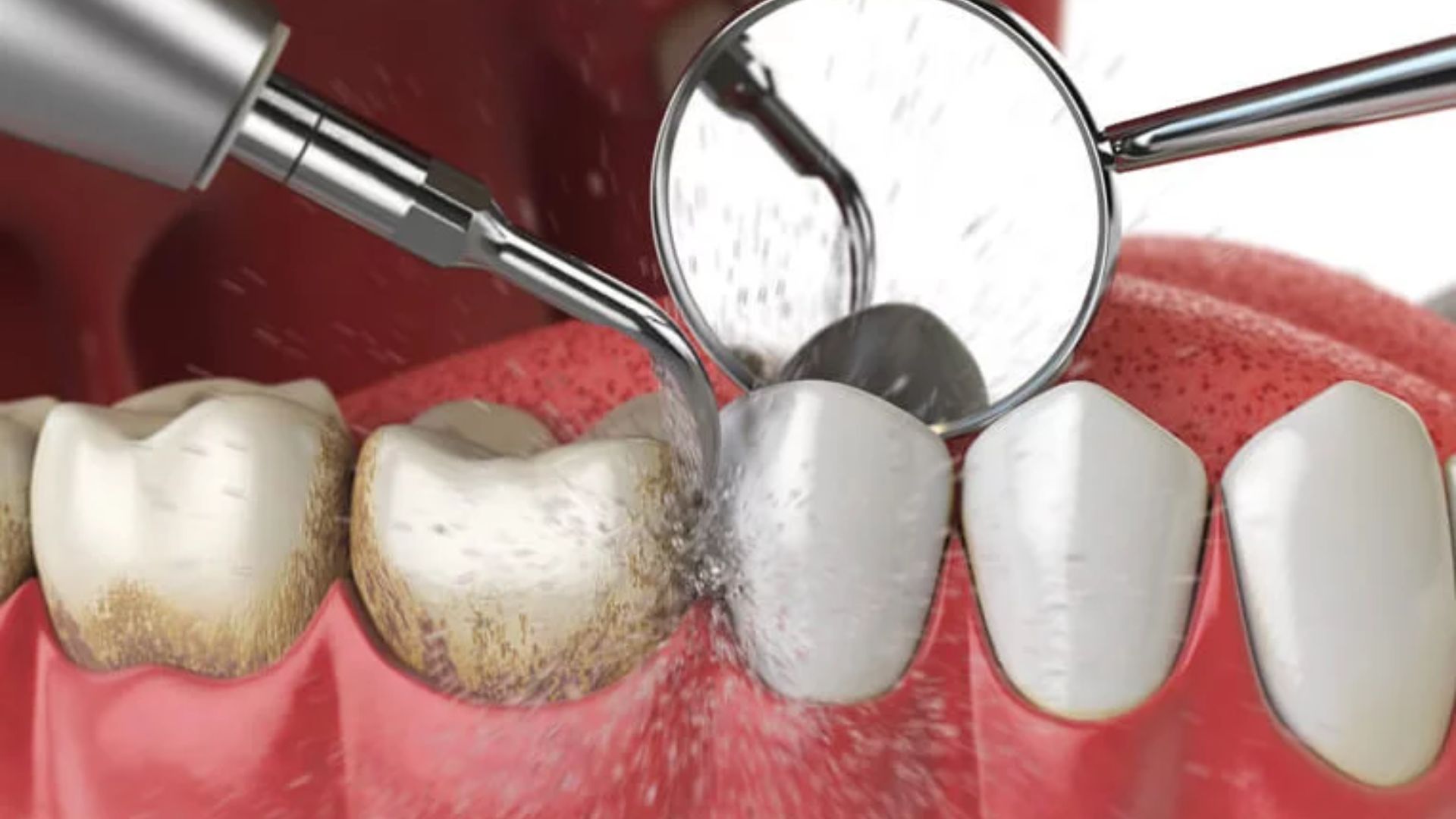Maintaining optimal oral health is essential for your overall well-being. At Spring Orchid Dental Clinic Bassendean, we offer professional dental scale and clean services designed to keep your smile healthy and bright.
What is a Scale and Clean?
A scale and clean procedure involves the removal of plaque and tartar buildup from your teeth. Our skilled dental professionals use specialized instruments to gently eliminate these deposits, which, if left untreated, can lead to tooth decay and gum disease. Following the scaling process, we polish your teeth to remove surface stains, leaving them smooth and gleaming.

Benefits of Regular Scale and Clean Appointments
- Prevention of Dental Issues: Regular cleaning helps prevent cavities, gum disease, and bad breath by removing harmful bacteria and plaque.
- Early Detection: Routine visits allow our dentists to identify and address potential dental problems before they become more serious.
- Enhanced Appearance: Polishing your teeth during the cleaning process can remove surface stains, resulting in a brighter smile.
Insurance Partnerships
We understand the importance of accessible dental care. Spring Orchid Dental partners with numerous major insurance providers, many of which offer free check-ups twice a year. Additionally, we are affiliated with the Child Dental Benefits Schedule (CDBS), ensuring that eligible children can receive free dental check-ups and cleanings. Please contact us to verify your insurance coverage and schedule an appointment.
Dental Scale And Clean Bassendean – Schedule Your Appointment Today
Don’t wait until dental issues arise. Regular scale and clean appointments are a proactive step toward maintaining your oral health. Contact Spring Orchid Dental in Bassendean to book your appointment and experience the benefits of professional dental care.





